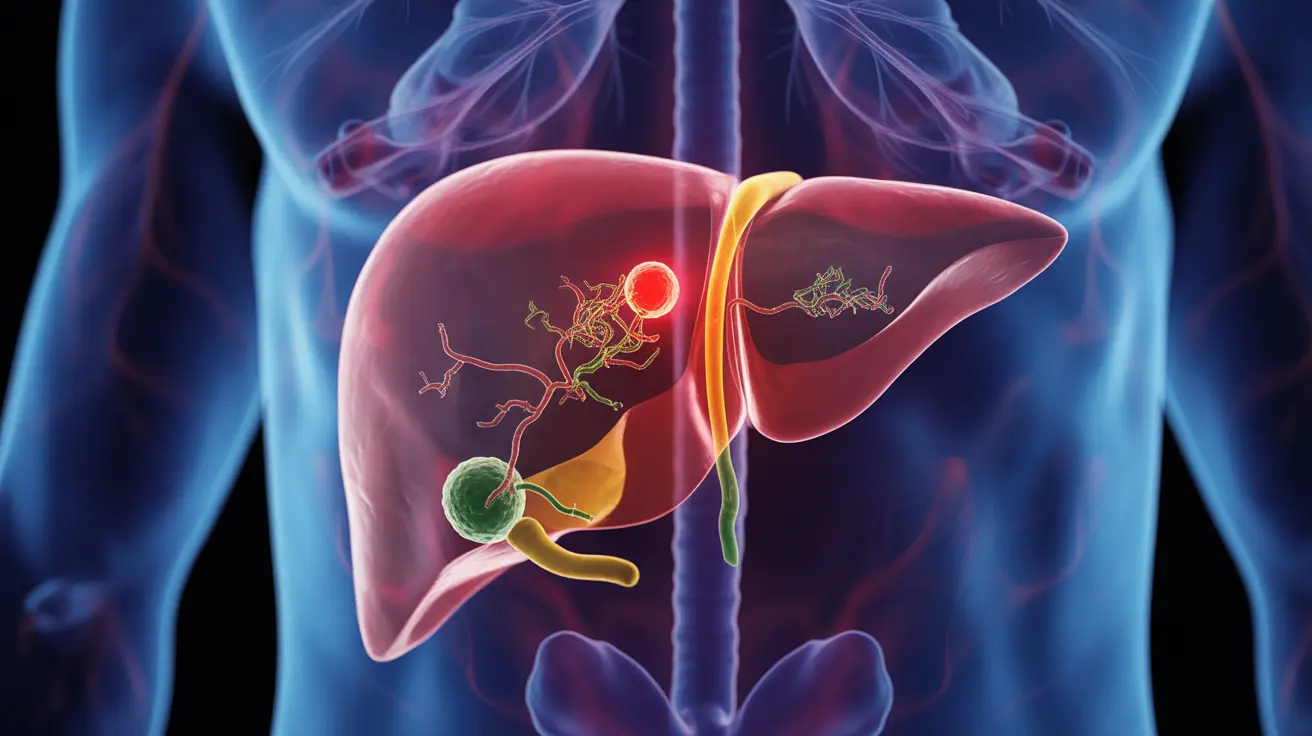Combining cocaine and alcohol creates a dangerous cocktail that poses severe risks to both physical and mental health. This potentially lethal mixture triggers unique chemical reactions in the body that can lead to devastating consequences, including the formation of toxic compounds and increased strain on vital organs.
Understanding the specific dangers of mixing these substances is crucial for public health awareness and harm reduction. Let's explore the serious health implications, chemical interactions, and emergency warning signs associated with concurrent cocaine and alcohol use.
The Formation of Cocaethylene: A Deadly Combination
When cocaine and alcohol are consumed together, the liver produces a unique compound called cocaethylene. This substance is significantly more toxic than either drug alone and can remain in the body for much longer periods, sometimes up to several days.
The presence of cocaethylene can increase cocaine's euphoric effects, which often leads users to consume more of both substances. This enhanced euphoria comes at a devastating cost to the body's vital systems.
Immediate Physical Health Risks
The combination of cocaine and alcohol places extreme stress on multiple body systems:
- Cardiovascular complications
- Irregular heart rhythm
- Dramatically increased blood pressure
- Potential organ failure
- Seizures
- Respiratory distress
The risk of sudden cardiac death increases significantly when these substances are used together, even in otherwise healthy individuals.
Long-term Health Consequences
Regular combined use of cocaine and alcohol can lead to severe long-term health problems:
- Permanent liver damage
- Chronic heart problems
- Cognitive impairment
- Increased risk of stroke
- Kidney dysfunction
- Persistent mental health issues
Impact on Mental Health and Addiction
The psychological effects of mixing cocaine and alcohol are particularly concerning. This combination can lead to:
- Increased aggression and impulsivity
- Higher rates of depression and anxiety
- Greater risk of suicide ideation
- Stronger physical dependency
- More difficult recovery process
- Higher likelihood of relapse
Emergency Warning Signs and Response
Recognizing the signs of a cocaine and alcohol overdose is crucial for survival. Key warning signs include:
- Severe chest pain
- Difficulty breathing
- Extreme confusion or disorientation
- Seizures
- Loss of consciousness
- Bluish skin coloring
If these symptoms occur, immediate emergency medical attention is essential. Don't wait or hesitate to call 911, as delays can be fatal.
Frequently Asked Questions
What are the health risks of mixing cocaine and alcohol together?
Mixing cocaine and alcohol creates toxic cocaethylene in the body, which can cause heart attacks, strokes, organ failure, and sudden death. The combination significantly increases the risk of overdose and places extreme stress on the cardiovascular system.
How does the body produce cocaethylene when using cocaine and alcohol, and why is it dangerous?
When cocaine and alcohol are consumed together, the liver processes them simultaneously, creating cocaethylene. This compound is more toxic than either substance alone and stays in the body longer, increasing the risk of severe health complications and death.
Can combining cocaine and alcohol increase the risk of heart attack, stroke, or sudden death?
Yes, this combination dramatically increases the risk of cardiovascular emergencies. Cocaethylene causes severe strain on the heart, raises blood pressure to dangerous levels, and can trigger irregular heart rhythms that may lead to sudden cardiac death.
How does mixing cocaine and alcohol affect mental health and the chances of addiction relapse?
The combination intensifies mental health issues, including depression, anxiety, and aggressive behavior. It also strengthens physical dependency, makes recovery more challenging, and significantly increases the likelihood of relapse compared to using either substance alone.
What symptoms indicate an overdose from cocaine and alcohol, and what should I do in an emergency?
Key overdose symptoms include severe chest pain, difficulty breathing, confusion, seizures, loss of consciousness, and bluish skin. If these signs appear, call 911 immediately. Emergency medical treatment is essential for survival in these situations.




